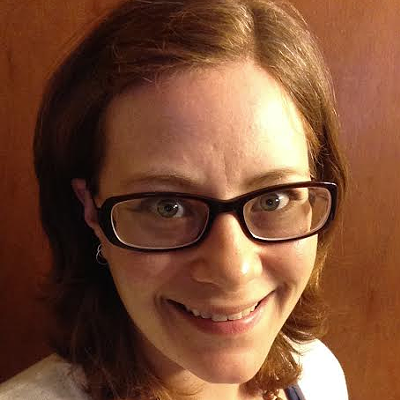Westword: Can you tell us about the process by which you wrote this book? Paolo Giordano: I can say it was a very messy process, because I had no overall idea of the story until almost the middle of the book. And I just started from very small details that had no real relationships between each other, and from those details, I wrote the first two chapters of the book, which give the boost for all the story, probably. But I wrote them as if they were separate, independent short stories. And then I decided to move on and let these characters grow up, but it was really a step-by-step thing, so that's probably why the book has this weird structure with all these big jumps in time and different parts of life. It's just because I just decided what to write while it was going on.
WW: Was the prime-number metaphor something you had thought about for the characters of Alice and Mattia before putting this book together? PG: I think it came in the middle of the book, so it was not really, I would say, a fundamental thing of the story for me. It just became like that after this title was chosen, but to me it really came by accident in a way, because I started to write this thing about the boy of the book becoming a mathematician, and since I was a little bit obsessed with prime numbers myself at the time, I decided to just transfer this obsession to him. And while I was describing it, I realized that the idea of the prime numbers being misfits and lonely had a lot to do with the story I was writing about. So that's how the metaphor came out. I realized the importance of it, I think, afterward.
WW: How did your knowledge of physics and mathematics play into the writing of this novel? PG: I think there is a sort of symmetry in the book, especially between the two stories. They're built in a very symmetrical way. And this really happened instinctively for me, probably because I was so -- my mind is so shaped about geometry and symmetrical stuff; that's what I studied, so that's for sure something that influenced the structure. But I think my background also has a role in the style of the book. In mathematics, you can always say one thing after another, only one thing at a time, and it must always be very clean and precise, and not ambiguous. Of course, you cannot do the same in the writing, but I have this tendency to go toward this thing -- I think this affects the style a lot. This was really helpful for this book, but it tends to become a problem after some time, so now I'm trying to get free of this need of always precision and cleanliness, because I like writing and literature to be more free than that.
WW: How easy was it for you to transition from a world of numbers and formulas to the world of literature while writing this novel? PG: It was quite hard. So I had to drink, basically.
WW: What did you drink? PG: I drank wine. Also, because I always started writing when I was already very tired, so I would have rather done something different, whatever. But I wanted really to do this, so really I had to push myself to the desk most of the time. But this feeling of tiredness, I think it helped me a lot, because when you're tired and you write, some things come out more easily. You don't really control everything. So something will surprise you then.
WW: Do you plan on going back to the world of science? PG: No. I finished my Ph.D. about one year ago, and then I decided to quit because it was too hard to do both things. When I did both, I was not really happy with either of the two, so I had to make a decision. Let's grow up.
WW: Do you think you'll write about particle physics in the future? PG: Not as an academic. But I want to write about it at some point. I don't know how, I don't know when, but it's definitely something that I will go back to.
WW: What's next for you? PG: I'm working on a new novel. It's very early; I'm just starting. It's another very confused process, so I don't know what it will be in the end -- if I ever come to an end!
WW: Is there anything you'd like our readers to know about you? PG: Usually, I think it's better not to know anything before diving into a book, especially about the author. As a reader, I usually like that, I have to say. The curiosity, maybe, comes afterward. But I like the author to be just a name until the end of the book.
Catch Giordano signing The Solitude of Prime Numbers tonight at 7:30 p.m. at the Tattered Cover. For more information, call 303-322-7727.











